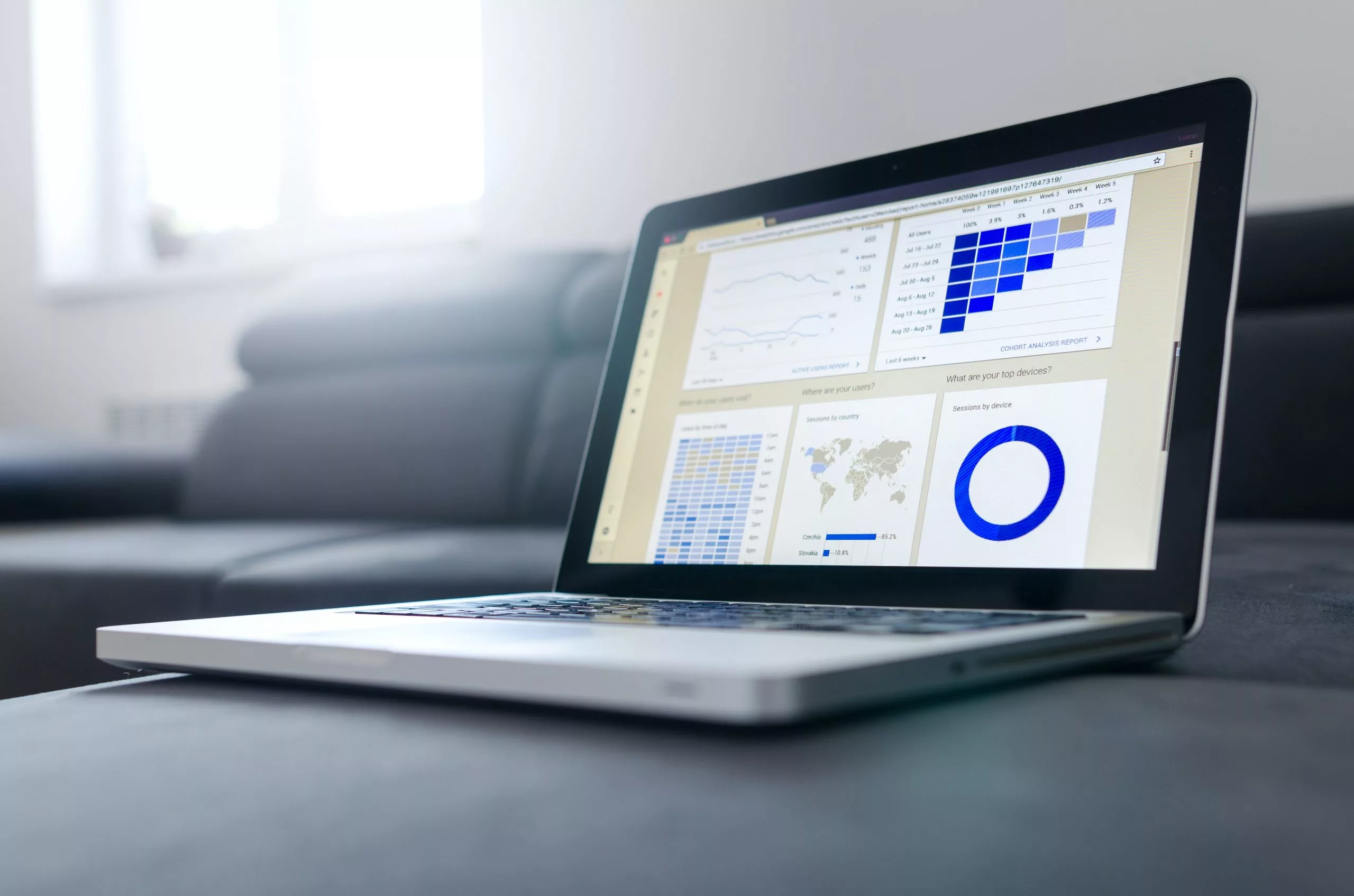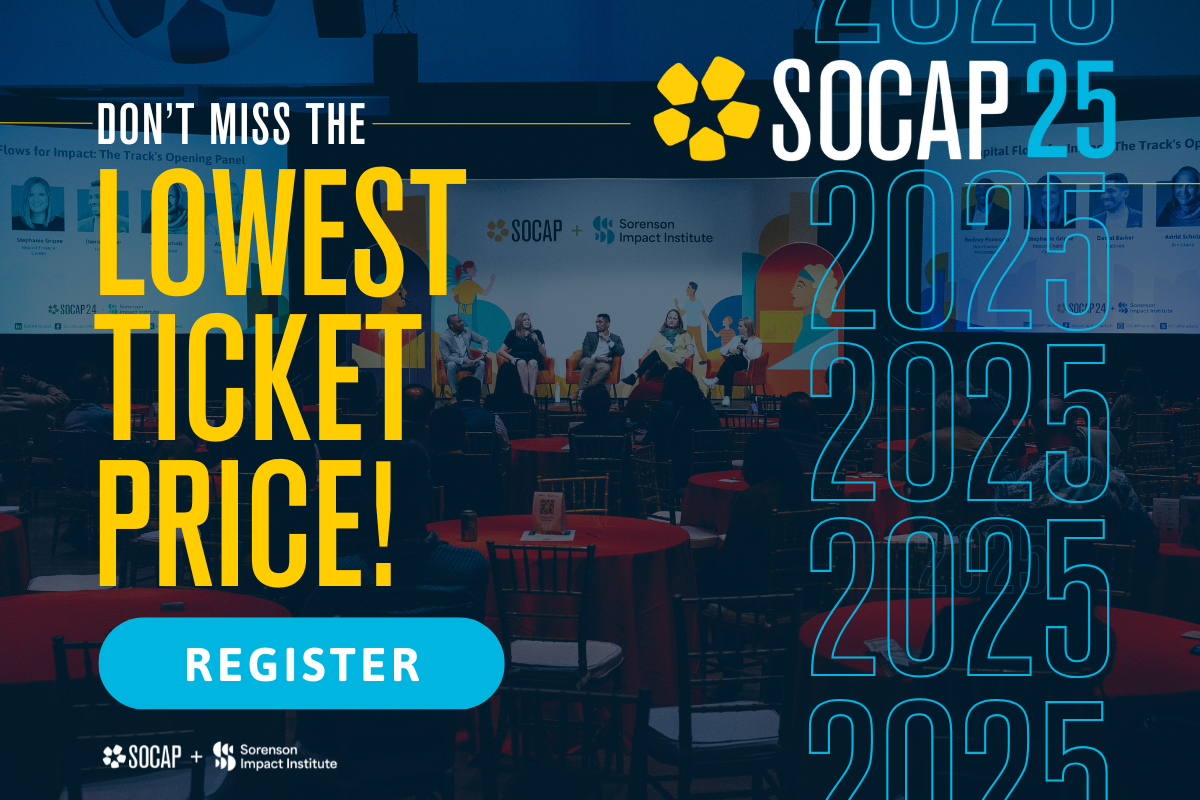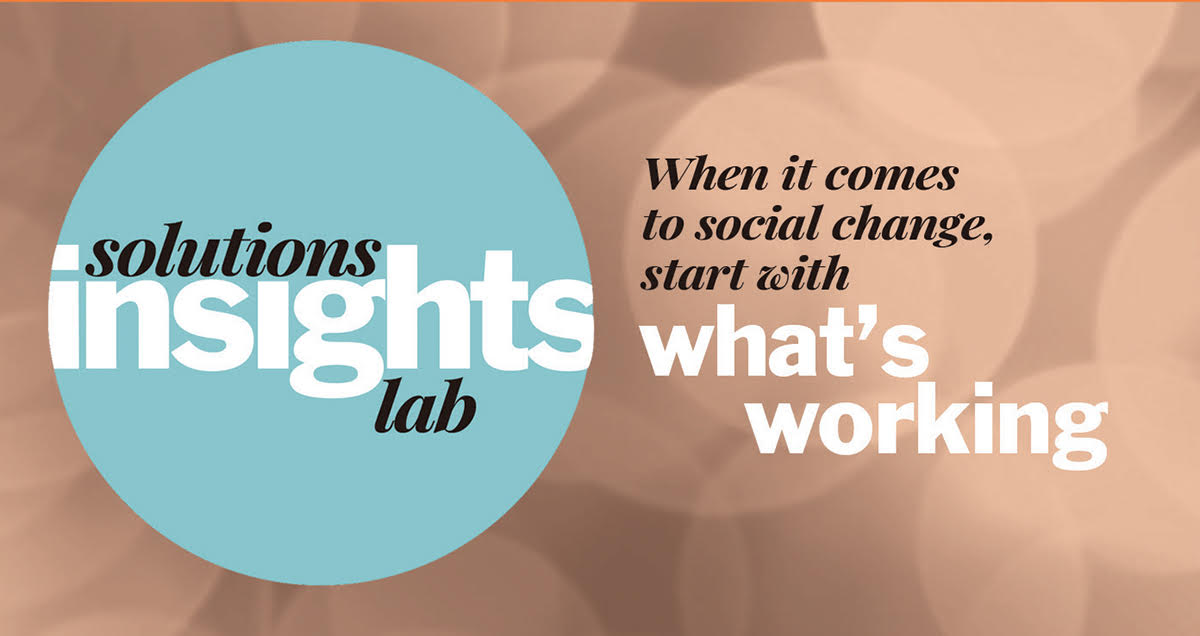Companies, governments, and nonprofits consistently want to do more to help their communities, but managing a slew of new initiatives in the age of social distancing is tough. Harder still is figuring out whether their efforts are making (enough of) a difference. In response, NGOrganize–which uses a single system to manage, assess, and report organizations’ social impact– quickly developed a new tool and a new approach to tracking Social Impact in a crisis (and made it free for nonprofits).
Our decision to act taught us valuable lessons in adapting to help our customers while sustaining our business model.
Before COVID, most companies, foundations, and NGOs thought about social impact tracking and reporting as a quarterly or annual exercise to engage donors, investors, and communities. Every few months, organizations would painstakingly extract information from hundreds of emails and spreadsheets and then manually compile mismatched data into a nice-looking report.
Our NGOrganize platform streamlined and automated that process in the pre–COVID world using advanced, purpose-built software. Leaders and managers could finally engage with their social impact data in a meaningful way without adding to the administrative burden.
Changing Customers
As stay-at-home orders spread across the country, we noticed a shift in both the volume and urgency of inbound interest in our products. Senior executives at national healthcare insurers, CEOs of non-profit health systems, and mayors’ offices were emailing, calling, texting us with one pressing question: could the NGOrganize platform help them manage their response to COVID-19?
We knew we could help. But to do so, we would need to quickly shift every aspect of our business—from product development to delivery & customer success—to meet the moment.
Over the next 10 days, our team rose to the challenge. Our programmers and impact specialists worked hand-in-hand to develop a light, fast-deployment version of our software geared specifically to Emergency Response & Impact Management (ERIM).
We knew that decision-makers no longer had the luxury of waiting a few months for a report on the impact of social initiatives. Employee support policies, community health programs, and securing PPE supplies are all exceedingly time-sensitive efforts. So we built our ERIM tool to allow organizations to manage their COVID-related initiatives, track impact as it happens, and make data-driven decisions to allocate resources in real-time.
We saw the value our tool would bring to customers, and we immediately decided to make ERIM free for nonprofits and at-cost for everyone else. We didn’t want cost and procurement policies to be a barrier for organizations that needed the software the most.
What Changed for Us
To make ERIM happen, we changed on a dime. We stopped selling our enterprise SaaS solution with multi-year contracts and started marketing 6-month subscriptions to Fortune 500 companies, cities & countries, foundations, and NGOs.
We’ve gone from making one or two hour-long sales presentations each week to knocking out 5-6 quick pitches every few days.
We even recruited 10 undergrad and MBA interns to support the massive ramp-up in work. Tripling the size of our team has challenged us to become better managers virtually overnight.
And we’re feeling more fulfilled than ever.
Though we wish the circumstances were vastly different, this crisis has proven our ability to meet evolving market needs with advanced, affordable digital tools and tested the resilience of our mission-aligned business model.
Unsurprisingly, our greatest asset has been the ingenuity and passion of our team—software developers, sales pros, and even our fresh-faced interns (some of whom insisted on helping amidst finals and a sudden move back home). We remain committed to providing socially-responsible organizations with cutting-edge tools that help them spend less time figuring out how much good they do and more time doing good.







